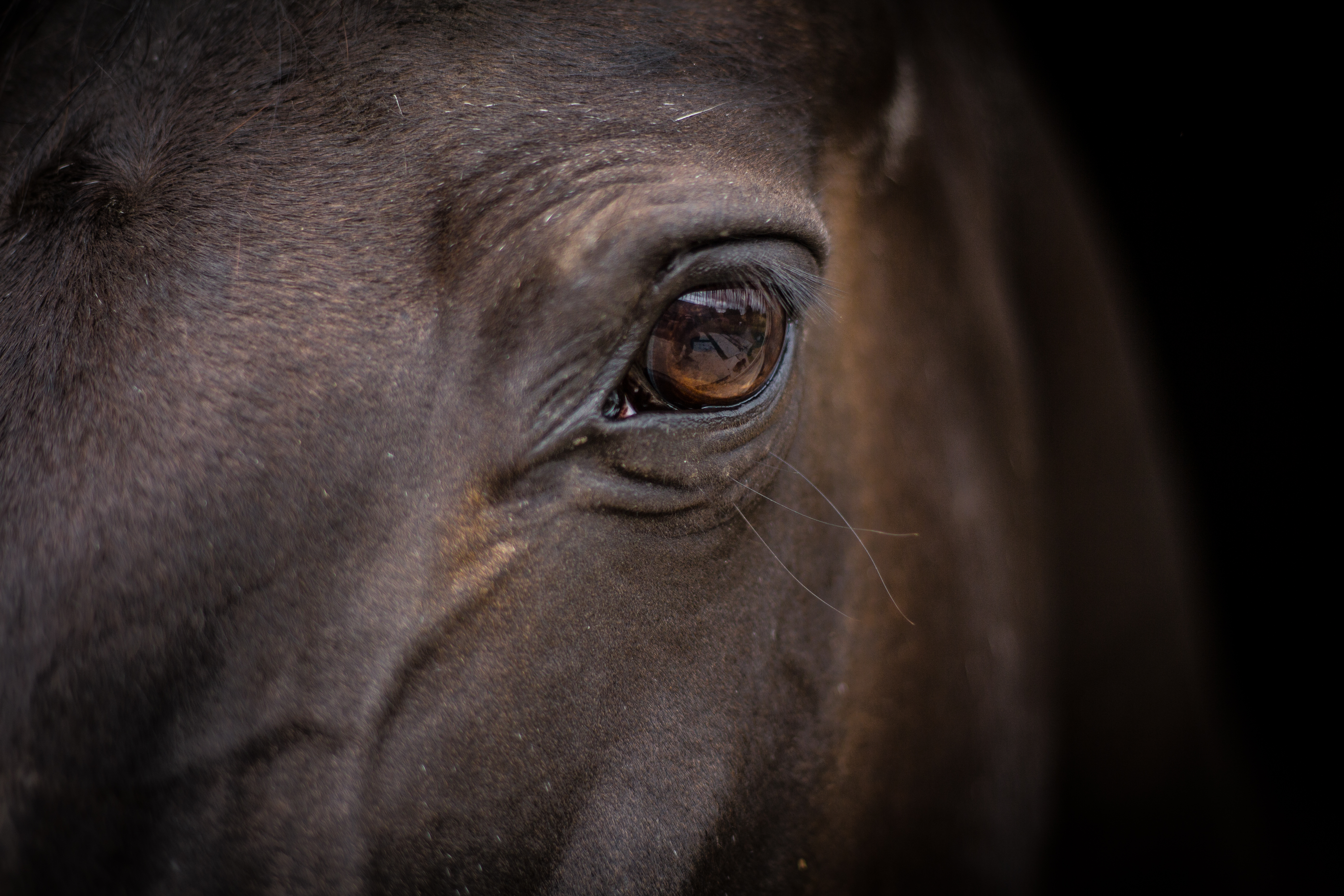Skip to content
15 Principles for Horse Welfare
- Assure that essential individual indicators for animal welfare are met based on the 5 domains of 1. nutrition 2. physical environment 3. Health 4. interactions with environment, other animals, humans and Mental state. These factors should not be resource based or limited.
- Commit to respect every horse equally regardless of its use (breeding, recreation, or sport) and ensure that training and performance objectives are consistent with the individual’s genetic potential, temperament, and development.
- Commit to the need for ongoing training of the horse, its rider and all its handlers to achieve the best possible interaction between horse and man.
- Recognize that the horse is a social, sentient, and neotenic animal and be alert to the physical, emotional, and intellectual implications of these characteristics.
- Appreciate the character-building, emotional, and physical benefits of dealing with horses especially for young people and those with mental or physical disabilities.
- Commit in training to utilize natural behaviors to enhance the horse’s ability to understand the human objective.
- Accept the responsibility for the wellbeing of the horse throughout its entire life including after its sporting career has ended and until death. All decisions must be made in the best interest of the horse, informed by the most recent advice available.
- Promise never to discipline out of anger or frustration.
- Pledge strict adherence to all anti-doping regulations and procedures.
- Ensure prompt and appropriate treatment in case of injury or illness.
- Dutifully display characteristics of good sportsmanship and strive to present equestrian sport favorably at competitions.
- Require that all regulations related to horse welfare are based on sound scientific evidence and are scrutinized and approved by the FEI Veterinary Committee. Recognize knowledge regarding horses and their wellbeing is incomplete and be open-minded to new scientific evidence.
- Commit to being transparent and Demonstrate a willingness to engage with all stakeholders (including the public) to enhance understanding of equine welfare and recognize the legitimacy of differing opinions.
- Appreciate and disseminate the history of the horse and the role it plays in our cultural heritage.
- Enhance the positive contributions of equestrian sport to people and the environment.



omarzayrik2024-04-10T21:49:39+00:00




